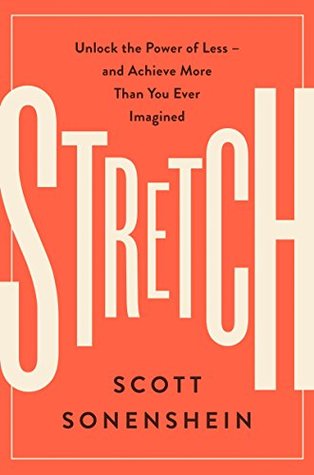More on this book
Kindle Notes & Highlights
We routinely overestimate the importance of acquiring resources but even more significantly underestimate our ability to make more out of those we have.
Stretching is a learned set of attitudes and skills that comes from a simple but powerful shift from wanting more resources to embracing and acting on the possibilities of our resources already in hand.
Chasing, and those who frequently rely on it, chasers, orient themselves around acquiring resources, overlooking how to expand what’s already in hand. Their decisions and actions might appear very reasonable on the surface, but I will expose the harmful consequences that lurk deeper and ultimately upend success and make people miserable.
“a limitation could actually drive creativity”
With abundance, people treat resources as what they appear on the surface, utilizing them in traditional ways. But when people face scarcity, they give themselves freedom to use resources in less conventional ways.
frugal people feel freer from conventions, making them less susceptible to social comparisons that lead to chasing. They avoid fretting over what they don’t have and instead carve out a path using what they do have.
the multi-c rule: a diversity of experiences allows people to think more expansively about their resources, leading to more divergent ways of approaching problems.
five common injuries from overstretching: turning into a cheapskate, wandering on the road to nowhere, leaping without learning, being cursed by high expectations, and making toxic mixtures.
go for a walk. A group of Stanford University psychologists find that people are at least 81 percent more effective when it comes to devising novel and appropriate uses for resources while walking compared to sitting. Walking, the researchers reason, frees the mind to wander.


